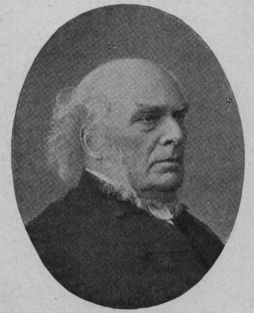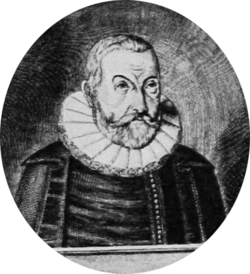Percy Whitlock studied at London's Royal College of Music with Charles Villiers Stanford and Ralph Vaughan Williams. From 1921-1930, Whitlock was assistant organist at Rochester Cathedral in Kent. He served as Director of Music at St Stephen's Church, Bournemouth for the next five years, combining this from 1932 with the role of that town's borough organist, in which capacity he regularly played at the local Pavilion Theatre. After 1935 he worked for the Pavilion Theatre full-time. A tireless railway enthusiast, he wrote at length and with skill about his interest. Sometimes, for both prose and music, he used the pseudonym "Kenneth Lark." He worked closely with the Bournemouth Municipal Orchestra; the orchestra's conductor from 1935-1940 was Richard Austin, whose father Frederic Austin dedicated his Organ Sonata to Whitlock.
Whitlock was diagnosed with tuberculosis in 1928. Near the end of his life, he lost his sight altogether, and he died in Bournemouth a few weeks before his 43rd birthday. For decades afterwards he remained largely forgotten. This neglect has eased in recent times, in particular through the activities and publications of the Percy Whitlock Trust, founded in 1983. The Percy Whitlock Trust was wound up in 2017, due to the expiry of copyright on Whitlock's compositions, and its assets and archive transferred to the Royal College of Organists.
 |
| Percy Whitlock from the Percy Whitlock Trust |
Here O My Lord, I See Thee Face To Face is number 2 of 3 Introits, published in 1929.
Horatius Bonar (known to his friends as Horace Bonar) was the son of James Bonar (1758-1821), Solicitor of Excise for Scotland, and his wife Marjory Pyott Maitland. The family lived in the Broughton district of Edinburgh. He was educated in Edinburgh.
He came from a long line of ministers who served a total of 364 years in the Church of Scotland. One of eleven children, his brothers John James and Andrew Alexander were also ministers of the Free Church of Scotland He married Jane Catherine Lundie in 1843 and five of their young children died in succession. Towards the end of their lives, one of their surviving daughters was left a widow with five small children and she returned to live with her parents.
In 1853, Bonar received an honorary Doctor of Divinity degree from the University of Aberdeen.
He died at this home, 10 Palmerston Road in the Grange, 31 July 1889. They are buried together in the Canongate Kirkyard in the lair of Alexander Bonar (and his parents), near the bottom of the eastern extension.
All information from Wikipedia.
 |
| H Bonar from Wikipedia |
